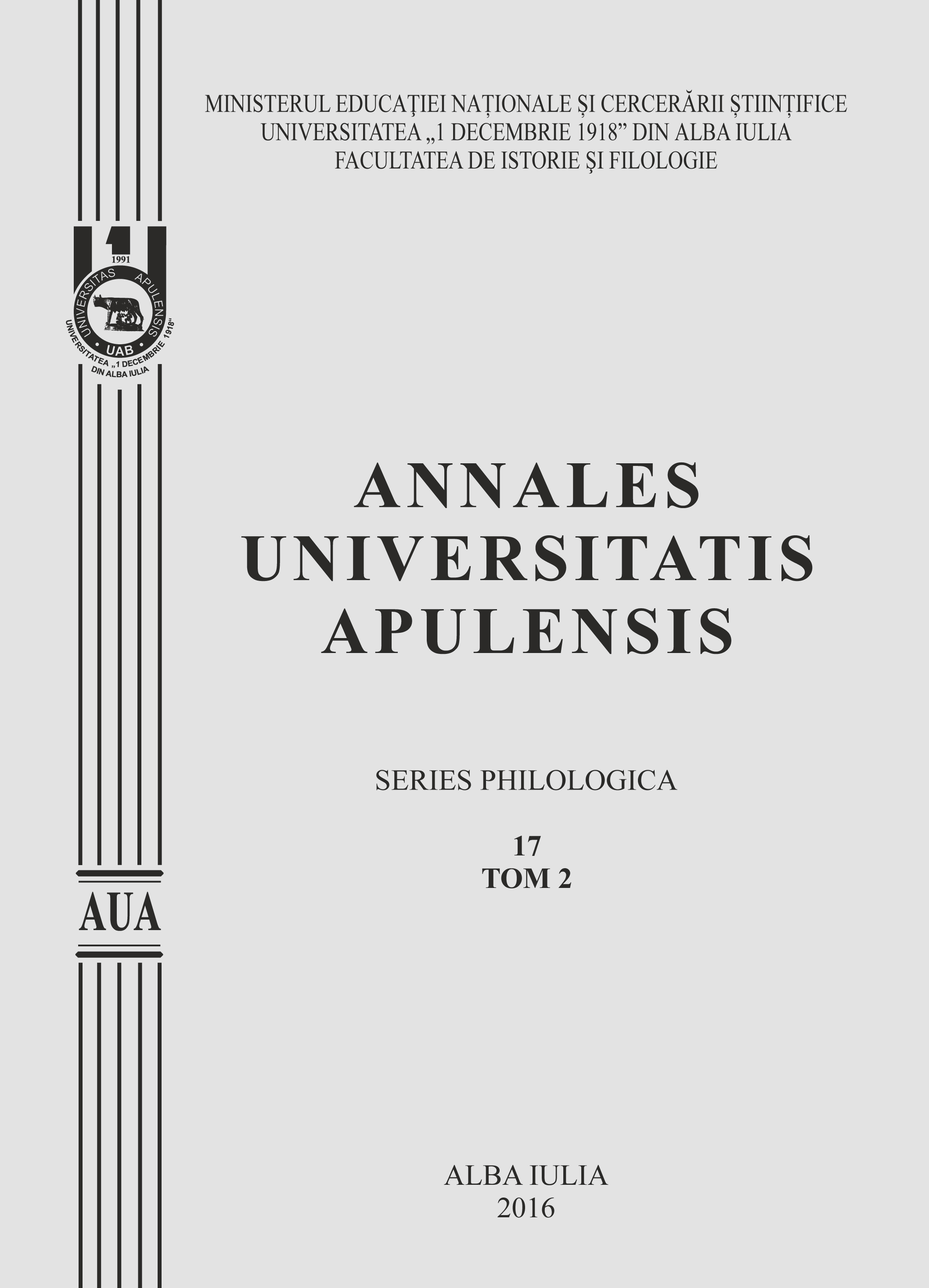CONTEMPORARY CROSS-CULTURAL COMMUNICATION AS REFLECTED IN BLACK BRITISH WRITING
CONTEMPORARY CROSS-CULTURAL COMMUNICATION AS REFLECTED IN BLACK BRITISH WRITING
Author(s): Adina CampuSubject(s): Language and Literature Studies
Published by: Universitatea »1 Decembrie 1918« Alba Iulia
Keywords: culture; communication; contemporary; Black British writing; identity
Summary/Abstract: In a contemporary world increasingly confronted with changes and new developments prompted by globalization one cannot help noticing that national cultures are being forced from the outside to turn into a transnational, global culture. Migration as well as recent advances in science and technology can definitely account for these transformations. However, rather than depending less on cultural difference and identities, rather than giving in to global Sameness, today’s cultures display and anxiety with regard to a potential loss of identity. This paper presents an analysis of cross-cultural communication as reflected in a small narrative- “Some Kind of Black” (1996) - by Black British writer Diran Adebayo. Though written almost twenty years ago the novel’s progressive stance reflects the contemporary increasing need to acknowledge multiple perspectives as well as the pluralisation of cultural forms and positions within Black British culture. I shall focus on Adebayo’s attempt to pinpoint the specific cultural differences which set his hero apart from other London youths but also on his efforts to remind immigrants, especially descendants of immigrants, to make an effort and bridge differences ultimately identifying themselves chiefly with the country of adoption. The conclusion is that present day Black British writing offers a new articulation of the idea of nation and culture – a poly-cultural, even post-racial one.
Journal: Annales Universitatis Apulensis. Series Philologica
- Issue Year: 17/2016
- Issue No: 2
- Page Range: 123-137
- Page Count: 15
- Language: English

